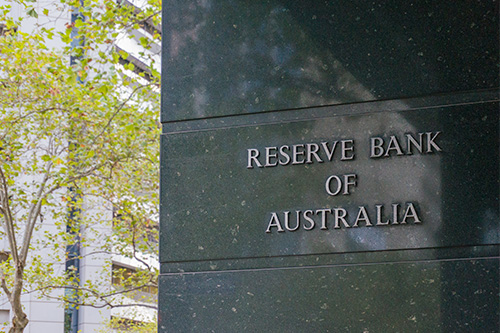
The Reserve Bank of Australia (RBA) decided to lift the cash rate again this month by 50 basis points to 0.85%.
The rate hike this month follows the surge in inflation reading that hit 5.1% over the first quarter of the year, well above RBA’s expectation.
Furthermore, the unemployment rate fell to its lowest record since 1974, down to 3.9% in April.
PropTrack Economist Paul Ryan said more rate increases are expected this year, especially given the higher-than-anticipated inflation.
“But just how high interest rates will be at the end of the year is a key source of uncertainty for the housing market,” he said.
Financial markets are projecting a cash rate two-percentage points higher at the end of the year, which would raise mortgage repayments by another 24%.
“Major bank forecasters, however, do not view it likely the RBA will increase rates this quickly, predicting rate rises closer to half that much,” Mr Ryan said.
Extraordinary monetary support not needed anymore
RBA Governor Philip Lowe said this recent hike indicates that the extraordinary monetary support that was put in place to help the Australian economy during the pandemic is no longer needed.
“The Board expects to take further steps in the process of normalising monetary conditions in Australia over the months ahead. The size and timing of future interest rate increases will be guided by the incoming data and the Board's assessment of the outlook for inflation and the labour market,” he said.
Mr Lowe said the strong conditions in the labour market, with employment growing significantly and the unemployment hitting its lowest in almost 50 years, are among the biggest factors driving the decision to hike the cash rate again this month.
The significant surge in inflation due to global and local factors also played a role.
“While inflation is lower than in most other advanced economies, it is higher than earlier expected,” he said.
“Inflation is expected to increase further, but then decline back towards the 2–3 per cent range next year. Higher prices for electricity and gas and recent increases in petrol prices mean that, in the near term, inflation is likely to be higher than was expected a month ago.”
One source of uncertainty, however, would be how the surge in inflation impact household consumption and spending.
“Housing prices have declined in some markets over recent months but remain more than 25 per cent higher than prior to the pandemic, supporting household wealth and spending,” Mr Lowe said.
“The household saving rate also remains higher than it was before the pandemic and many households have built up large financial buffers.”
